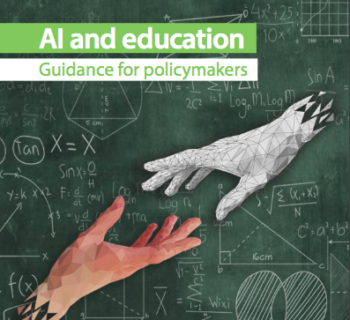There is an interesting article by Allison Dulin Salisbury in the Forbes magazine this morning. The article says that the Covid 19 pandemic is speeding the digital transformation of business, driven by AI and automation and quotes MIT Economist David Autor calling it an “automation forcing event.”
The combined forces of automation and dramatically altered demand are giving rise to a labor market “riptide” in which some sectors of the economy are seeing mass layoffs while others, like healthcare and tech, are still desperate for talent. Against that backdrop, education and training systems are underfunded and ill equipped to meet the demands of a more complex labor market and the shifting demographics of students.
And from the evidence of the last recession, it appears likely that it will be lower paid and lower skilled workers with jobs most at risk.
However, if the analysis of the problem is correct the answers proposed leave room for doubt. The article says: “The past few years have seen a flourishing of high-quality, low-cost training and education programs, many of them online. They are laser-focused on the needs of working learners.” Maybe so in the USA, but in Europe I am yet to see the emergence of flourishing laser focused online learning programmes. And there is plenty of evidence to suggest that online programmes such as MOOcs have more often been focused on the needs of skilled and higher paid workers.
Neither is the appeal to stakeholder capitalism and for the involvement of employers in the provision of training likely to result in big change. More interesting is the call for “investment in practices that help workers identify what career they want before they start an education program,” and to “align training to the competencies required to land a good first job.” This, the article says “means a focus on both discrete skills and broader “human skills,” like communication and problem-solving, that actually become more marketable amid automation.”
Despite reservations, the argument is moving in the right direction. Put simply the Corona virus has on its own caused massive unemployment, with the effect likely to be magnified by a speed up in automation and the use of AI. This requires the development of large scale training programmes, both for unemployed young people and lower skilled workers whose jobs are threatened. Fairly obviously, the use of technology can help in providing such programmes. Nesta in the UK is already looking at developments in this direction. It will be interesting to see what national governments and the European Union will do now to boost training as a response to the crisis.








